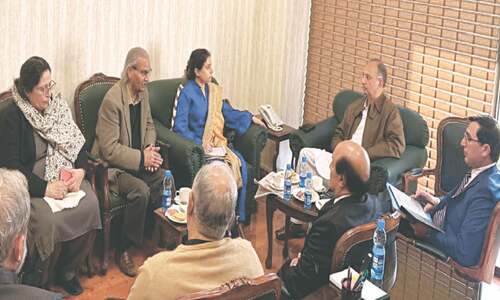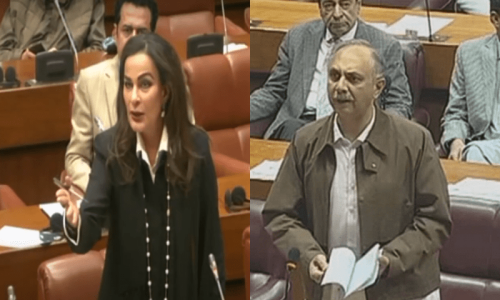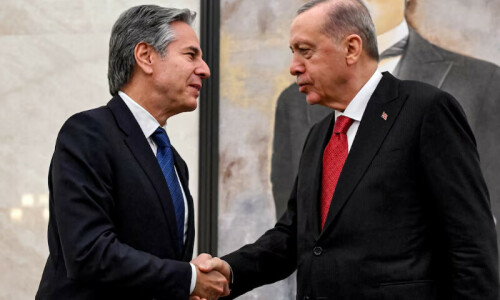WASHINGTON, Jan 19: The terrorists who attacked Mumbai on Nov. 26 also received help from inside India, warned a leading US think-tank which also noted that those planned the attack also wanted to influence the Pakistani government.
“The focus on Pakistan should not obscure the fact that the terrorists likely had help from inside India,” warned the Rand Corporation, which conducted the study. “Local radicalisation is a major goal of the terrorists, and will be a major political and social challenge for India.”
The report also warned that the Mumbai attacks would have serious consequences for Pakistan.
But “the repercussions for Pakistan will depend largely on what India and the international community do,” it noted. “Thus far, Indian and American officials recognise that Pakistan’s civilian government does not control the policies that its military and intelligence agency hold toward militant groups operating in and from Pakistan.”
The Rand Corporation, which often conducts research studies for the US government, blamed Lashkar-e-Taiba for the Mumbai attacks but said it’s not clear if official Pakistani agencies were also involved.
“We do not know for certain whether LeT carried out this operation without the knowledge or approval of Pakistan’s army or intelligence services, or whether the attack was instigated or encouraged by sectors of the Pakistani military or intelligence service to change the course of Pakistan’s own government,” the report said.
Former US ambassador to India Robert Blackwill, now a senior fellow at Rand, was also associated with the study. Mr Blackwill is a strong supporter of India and is known for his critical views on Pakistan.
The study claimed that LeT has emerged as an “independent constellation in the global jihad galaxy” after the Mumbai terror attacks.
The 22-page report focusses on the operational and tactical capabilities displayed by the 10 terrorists in the Mumbai attacks, evaluates the response of the Indian security forces and lists the implications of the attack for India, Pakistan and the international community. “The attack put into actual practice LeT’s previous rhetoric about making the Kashmir dispute part of the international jihad. In so doing, LeT has emerged, not as a subsidiary of Al Qaeda, but as an independent constellation in the global jihad galaxy...The Mumbai attack makes LeT a global contender on its own,” the report said.
The study warned that the Mumbai terrorist attacks suggested the possibility of an escalating terrorist campaign in South Asia and the rise of a strategic terrorist culture.
“India will continue to face a serious jihadist threat from Pakistan-based terrorist groups, and neither Indian nor US policy is likely to reduce that threat in the near future,” said Angel Rabasa, lead author of the report. “Other extremist groups in Pakistan likely will find inspiration in the Mumbai attacks, and we can expect more attacks with high body counts and symbolic targets.”
Brian Michael Jenkins, a leading terrorism expert and senior adviser at Rand, noted that the attackers targeted specific groups of people and facilities with political, cultural and emotional value. “This indicates a level of strategic thought — a strategic culture — that poses a difficult challenge: not whether we can outgun the terrorists, but can we outthink them?”
PRIOR WARNINGS: The study also noted that the attack exposed numerous weaknesses in India’s counter-terrorism and threat mitigation structure. “Indian intelligence officials had received prior warnings from their own staff, as well as US sources, that a major attack was probable, but did not take any specific action.” It pointed out.
Repercussions for Pakistan: “India is likely to hold the state of Pakistan responsible for the attacks and may look for a way to punish Pakistan to deter future attacks. Both countries have nuclear weapons, making any military action a dangerous course, but if India does not respond, that would signal a lack of Indian resolve or capability,” the report noted.














































Dear visitor, the comments section is undergoing an overhaul and will return soon.